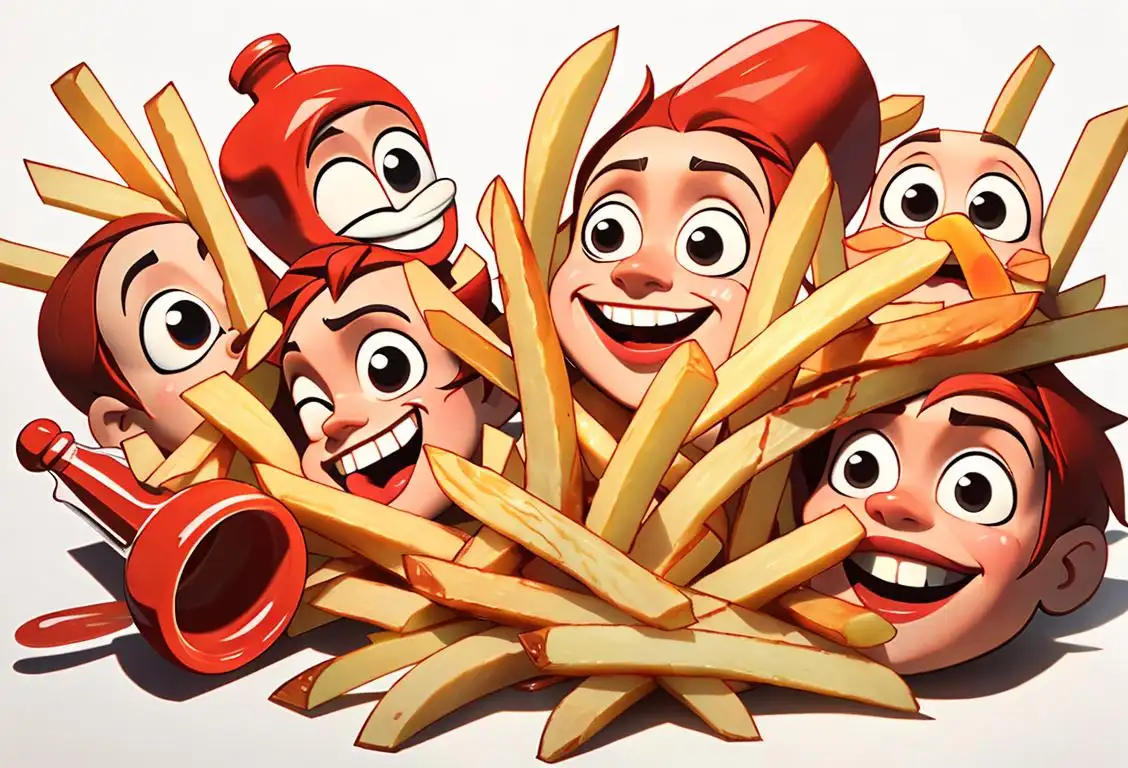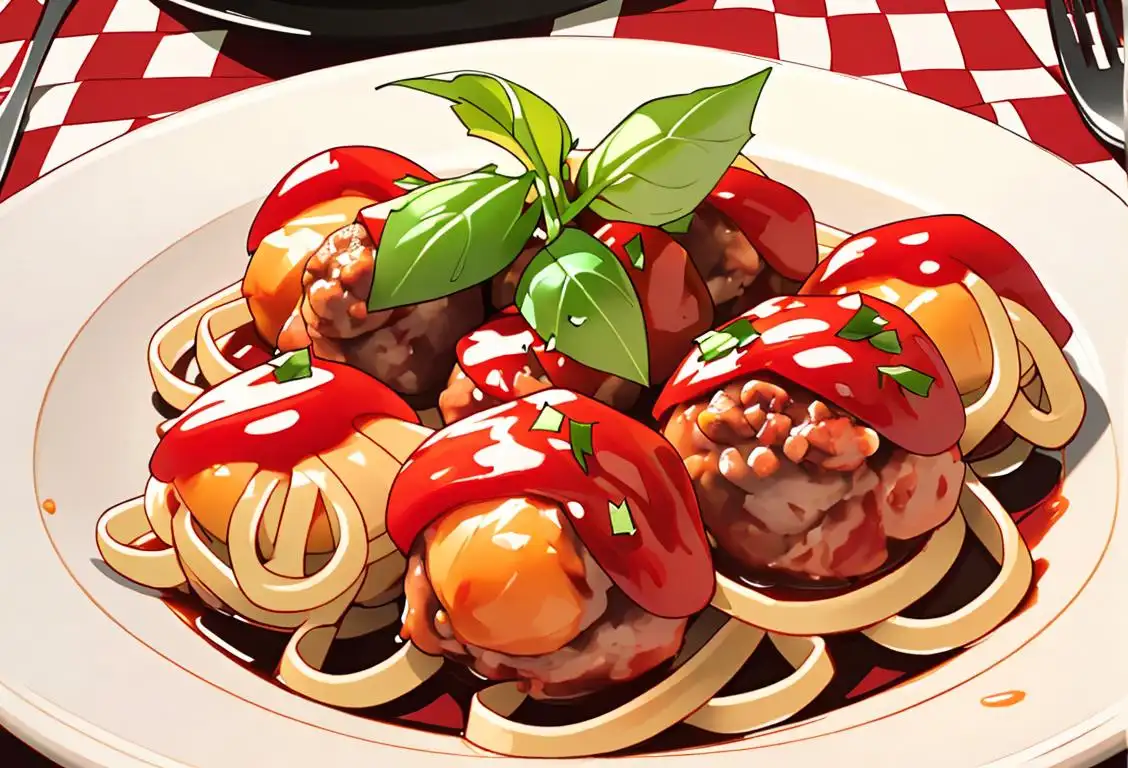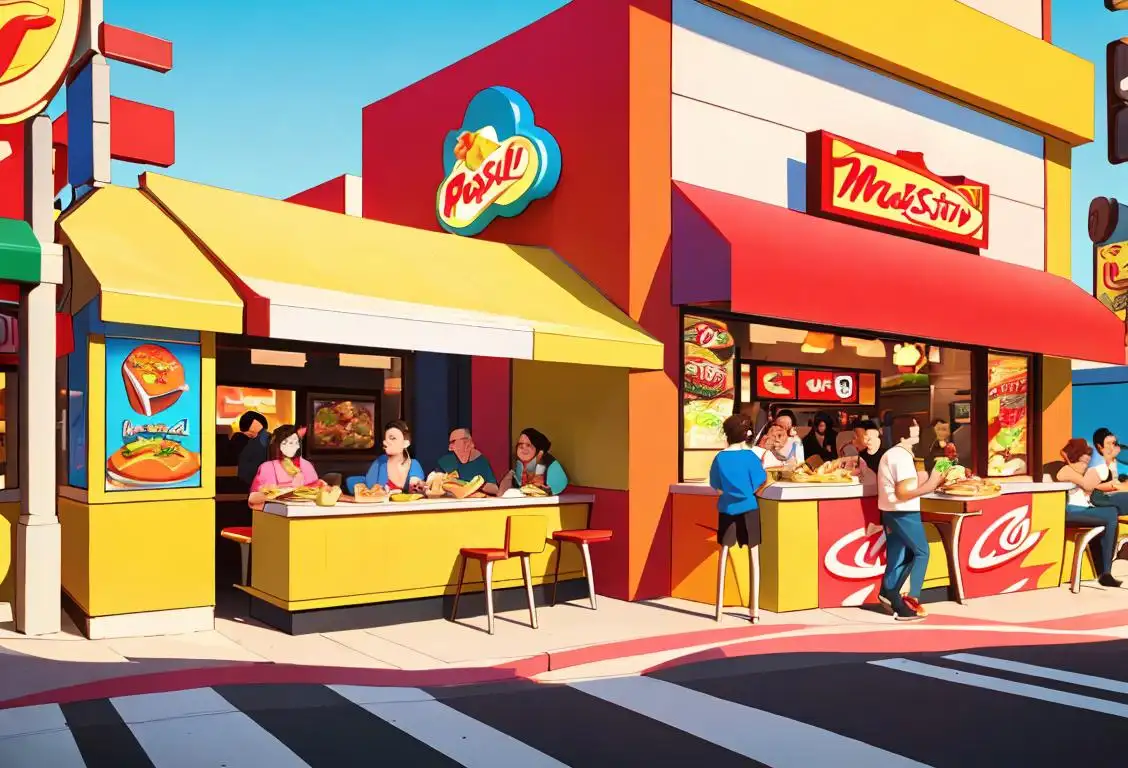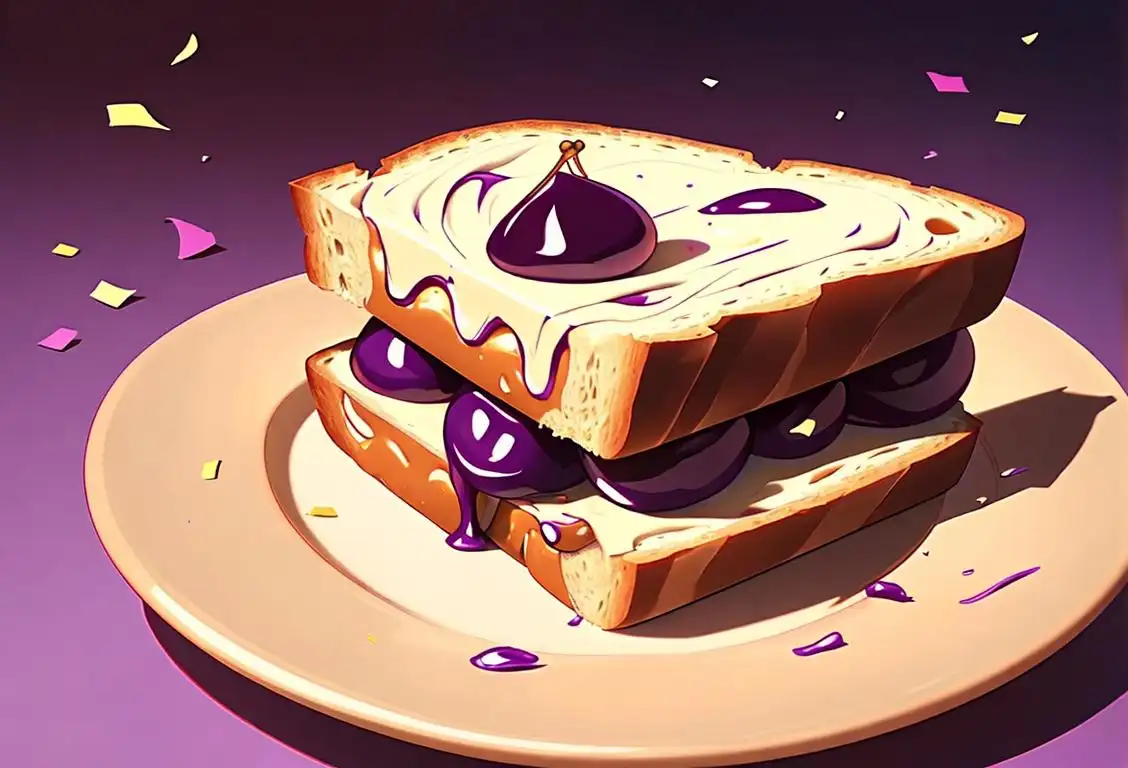National Fry Day

Grab your ketchup, folks! It's time to celebrate National Fry Day, our homage to the golden, salty sticks of happiness known far and wide as french fries. Whether you're a curly fan, a crinkle-cut devotee, or a classic straight-cut fry aficionado, this is a day that has every fry-lover dancing in delight.
When is Fry Day?
It's national fry day on the 13th July.
A Deep-Fried History
National Fry Day burst onto the internet scene most notably on July 13, 2016, when we detected a whopping 3316 online mentions of this glorious potato-filled day! Cover your fries with ketchup, mayonnaise, or even gravy if you are feeling particularly Canadian for the day.
Crispy Celebrations
Ever delightful and ever versatile, French fries have become a staple in global cuisine. Whether you enjoy yours washed down with a milkshake or paired with a perfect hamburger, National Fry Day has been the day when people across the internet unite in their love for these caramelized curiosities. Be it in anticipation or sweet memory of that delicious crunch, it seems the web speaks one language on this day: Fry.
Sizzling Sentiments
There's something about a fresh batch of fries that tugs at the heartstrings - maybe it's the sound of the sizzle as they kiss the oil, the aroma tickling your senses, or perhaps the nostalgic link they have to our childhood days of mischief. Whatever it be, we know these golden wonders have the power to connect us in a way only fries can. Rememberance of fries past, your first fry, your best fry - National Fry Day offers it all!
Fun Facts!
While the origins of the French fry are debated (Belgium and France both lay claim), one thing is clear: fries are beloved worldwide!
History behind the term 'Fry'
Prehistoric Era
Discovery of Fire
The use of fire for cooking is believed to date back to the prehistoric era when early humans discovered that applying heat to food can enhance its taste, texture, and nutritional value. The exact date of this discovery is unknown, but the mastery of fire was a significant milestone in human civilization.
2500 BCE
Introduction of Frying
Frying as a cooking method is believed to have originated in ancient Egypt around 2500 BCE. The Egyptians used large clay pots with heated oil to fry food items such as fish, meat, and vegetables. This method was popular due to its ability to cook food quickly and create a crispy outer texture.
9th Century CE
Spread to the Middle East
Frying gained popularity in the Middle East during the 9th century CE. Arab chemists and cooks played a crucial role in refining frying techniques and experimenting with different oils. They introduced new ingredients and innovations to enhance the flavors and expand the culinary possibilities of frying.
17th Century CE
Introduction of the Word 'Fry'
The term 'fry' originally referred to the action of cooking food in hot oil or fat. It is derived from the Old English word 'frēon,' meaning 'to cook in fat.' During the 17th century, the word 'fry' became widely used in the English language, describing the specific method of food preparation.
19th Century CE
Advancements in Frying Techniques
In the 19th century, advancements in technology and culinary techniques further improved the art of frying. The development of more efficient stoves, deep fryers, and temperature control methods allowed for consistent cooking and better preservation of food's natural flavors and textures.
20th Century CE
Commercialization and Globalization of Fried Foods
With the rise of fast food culture and industrialization, fried foods became increasingly popular in the 20th century. The invention of the deep fryer and expansion of the fast-food industry made fried treats more accessible and affordable. Fried chicken, french fries, and donuts are among the iconic fried foods that have achieved global recognition.
Did you know?
Thomas Jefferson is often credited with introducing French fries to America when he served them at a White House dinner in 1802!Tagged
awareness food fun rememberanceFirst identified
13th July 2015Most mentioned on
13th July 2016Total mentions
3316Other days
Meatball Day
Fast Food Day
Shrimp Day
Biscuit Day
Peanut Butter And Jelly Day
First Responders Day
Cheese Lovers Day
Agriculture Day
Pumpkin Day
Trivia Day









